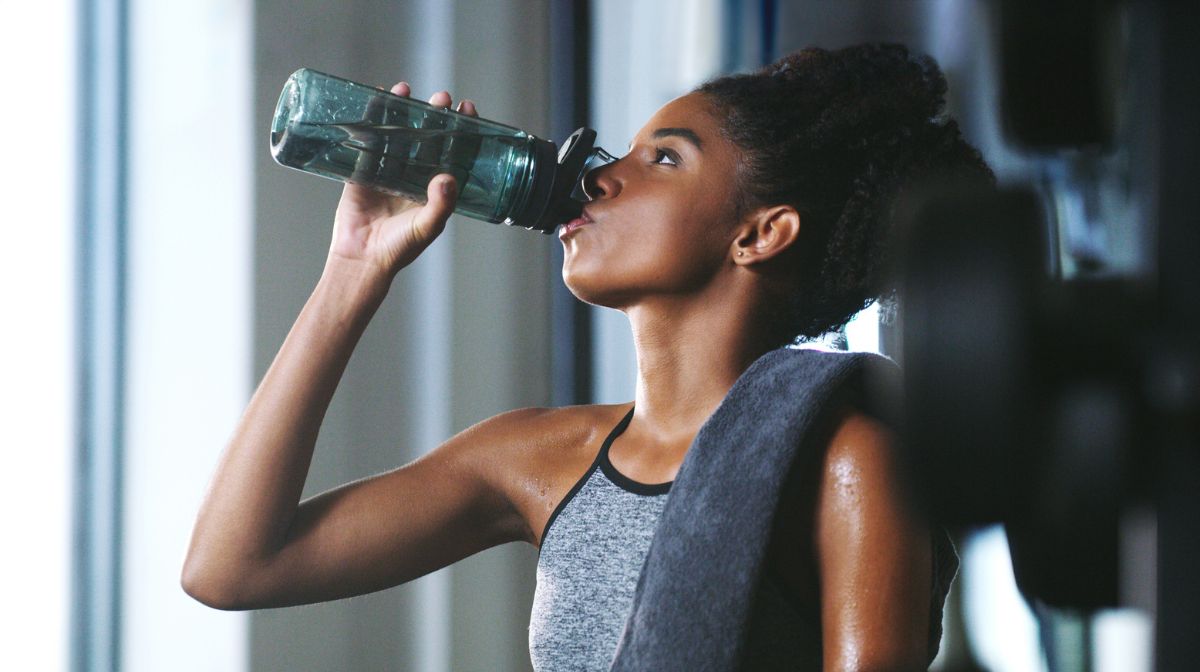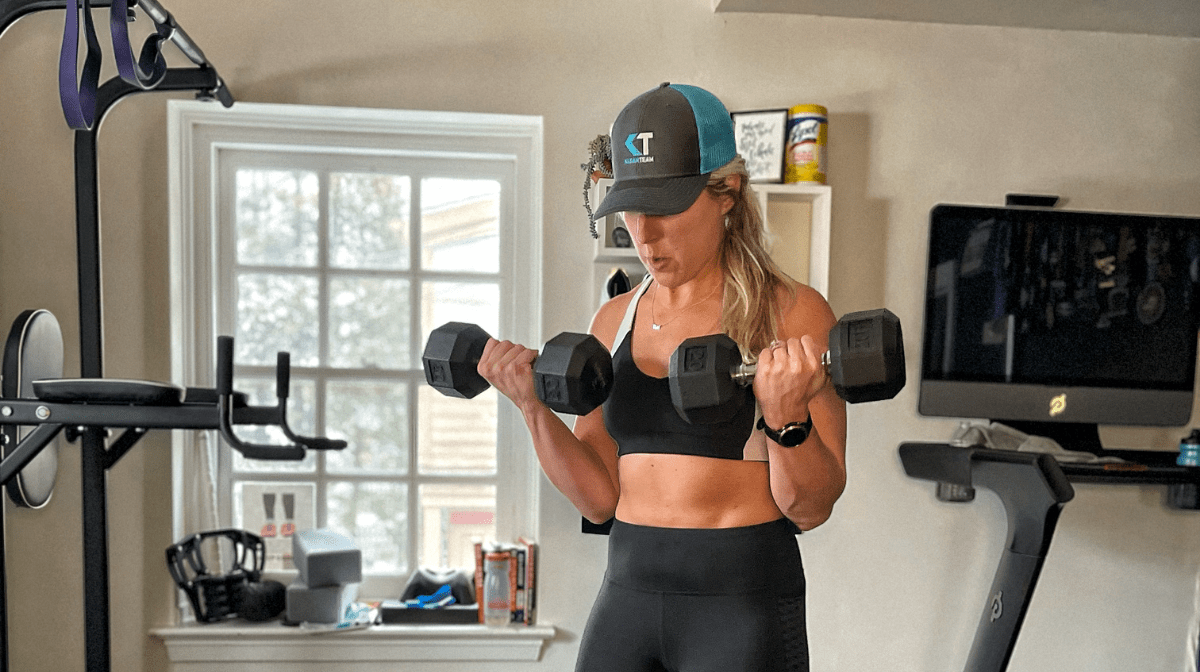While you’d be forgiven for thinking that electrolytes sound like a superhero moniker, they are, in fact, an integral part of your body’s biology. From your nervous system to muscle contractions, they help with a number of different functions within the body.
But what are electrolytes? Read on to learn how these often-overlooked substances can support your physical performance.
What are Electrolytes?
Electrolytes are positively or negatively charged minerals that conduct electricity when dissolved in a fluid.
In terms of human biology, electrolytes are present in blood, bodily fluids, and tissue; taking the form of essential minerals such as bicarbonate, calcium, magnesium, potassium, and sodium.
What do Electrolytes Do?
Electrolytes support numerous functions throughout the body due to their ability to conduct electrical impulses. These impulses maintain organ operation; supporting your cardiac, digestive, muscular and nervous systems.
The key roles of electrolytes include:
1. Nervous System Function
The command centre of your body, the nervous system is responsible for many ‘automatic’ body functions, such as breathing, movement, thought, and memory.
Electrolytes enable these tasks by carrying electrical impulses throughout your body’s vast network of nerves. They receive, interpret, and act on information from your surrounding environment and experiences, helping to keep your body performing to an optimal level.
2. Muscle Contractions
Essential to physiological function, calcium, sodium, and potassium aid muscle contractions throughout your body, reducing tension, sustaining physical movement, and supporting relaxation.
Evidence has shown that muscle strength can enhance the performance ability of athletes. Electrolytes help to maintain muscles – building and strengthening. Should they become imbalanced, muscle cramping and weakness may occur, which could impact sports performance
3. Regulating pH Levels
The average pH of the human body is 7.4 and maintaining this is key to ensuring that normal biological processes can occur. The strain physical activity places on your body may cause pH fluctuations, however, electrolytes could help to regulate it, known as homeostasis.
A pH of lower than 7.35 places your body in a state known as acidosis. Prolonged acidosis could potentially lead to health conditions if not properly controlled.
Breathing heavily during exercise is how your body ensures that your lungs are receiving enough oxygen to sustain activity. This could increase the levels of carbon dioxide in your blood, resulting in an acidic pH. Short term, this can decrease your respiratory control, impairing your performance ability and increasing the risk of fainting due to reduced levels of oxygen in cerebral blood.
On the contrary, a pH above seven indicates that your blood is too alkaline, known as alkalosis, which is caused by low potassium levels and that may affect cardiac and nervous function.
An imbalance of electrolytes could increase your body’s alkalinity. During physical activity, your body is more likely to produce sweat, reducing your levels of sodium and potassium. This disruption to your electrolyte equilibrium could cause dizziness, nausea, muscle twitching and spasms; inhibiting physical ability.
4. Hydration Support
Electrolytes may help to balance fluid levels within cells and the body. Water moves in and out of cells depending on the concentration of electrolytes, and achieving an equilibrium inside and outside the cell ensures healthy function is maintained.
The normal operation of a cell is inhibited if water levels are too low, whereas a cell with a high intake of water could burst and be destroyed. When exercising, you’re likely to sweat more, which may lead to dehydration and an imbalance of electrolytes, which is why it is so important to hydrate before, during and after exercise.
What Happens When Your Body is Low on Electrolytes?
Low levels of electrolytes could impair healthy bodily functions, and – in some cases – may result in severe complications.
Although electrolytes are predominantly regulated by the kidneys, levels may also be affected by hormones, stress, and medication. An imbalance could result in the following symptoms:
- Confusion
- Convulsions
- Fatigue
- Headaches
- Irregular heartbeat
- Muscle cramping
- Shortness of breath
Dehydration, diarrhea, sweating and vomiting can all deplete electrolyte levels due to the excessive fluid loss experienced by the body, consequently impairing health, and performance. However, if you are experiencing any of the above symptoms and have concerns that your electrolyte levels may not be optimal, consult your healthcare provider.
How to Balance Electrolytes
To sustain your electrolyte levels, maintaining a healthy, well-balanced diet is usually sufficient. However, if you have recently experienced fluid loss – through physical activity – replenishing your electrolyte levels with dietary supplements may be beneficial.
While the levels of electrolytes present in food is adequate for normal function, physical activity can place additional strain on your body’s electrolyte equilibrium, as sweating can cause fluid loss.
When exercising, it is important to consider the impact of the climate on your body. The hotter the temperature, the more likely you are to sweat and deplete your electrolyte levels. Rescheduling your training session to a cooler hour of the day could keep your levels stable; helping you to achieve that sought-after personal best.
Frequently drinking small amounts of water throughout physical activity can help to replace the fluid lost from sweating. However, it is important to note that you should avoid drinking too much water, as this may dilute your electrolyte balance, resulting in nausea, bloating and may affect sports performance.
How to Get Electrolytes
While bicarbonate is natural byproduct of the body’s metabolism, intake for other essential minerals must be obtained via food or dietary supplements.
Some electrolyte-rich food sources include:
• Avocados
• Bananas
• Cheese
• Coconut water
• Lentils
• Pickles
• Potatoes
• Spinach
If you need additional support aside from your diet, then our Klean Electrolyte can help you perform at your best. Formulated to support your body during or after exercise, replenishing your electrolyte levels for optimal physical fitness.


